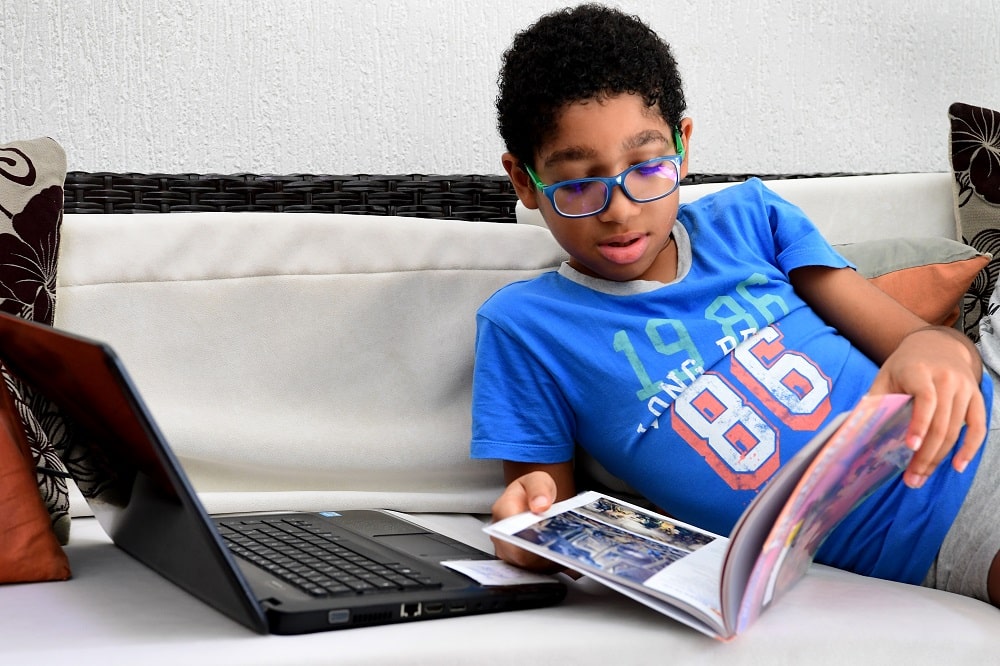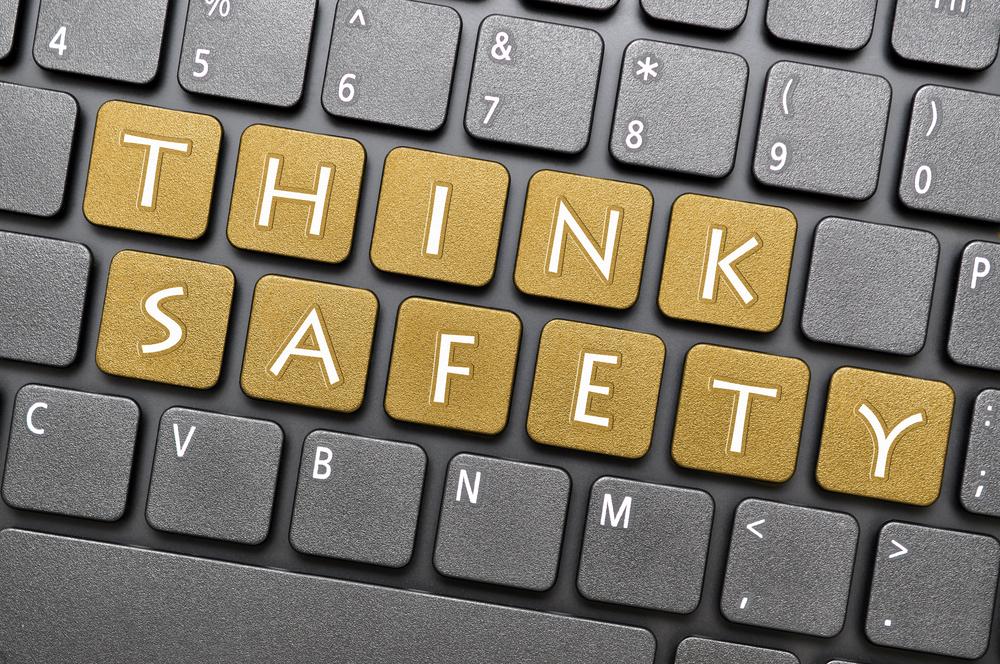Top Things to do to keep your kids safe on the internet

The internet is a place for a lot of things and a lot of people. In this modern era, it has become normal for kids to be introduced to kids through mediums like gaming, video streaming and school collaborations.
However, although parents wish that their kids would be safe on the internet, this can not be achieved by just wishful thinking. There are intentional steps to be taken to ensure the safety of kids.
In this article, we look at some of the things that parents/guardians can do to keep their kids safe on the internet.
Set online time limits
One thing every parent should do is to set how much time kids can spend on the internet by themselves, especially unsupervised. This can be achieved by setting daily time periods where kids can have access to their devices.

Also, parents can manually configure their routers to allow internet to specific devices at pre-set times for routers that have the feature. By reducing the number of hours kids spend online, parents can reduce the risks associated with their safety greatly.
Use a VPN to hide kids’ IP Address
Many parents are more recently finding out the enormous benefits associated with using a VPN on their kid’s devices. A VPN encrypts the internet traffic from and to your kids’ devices and hides their identity online.
This way, potential bad actors on the internet will not be able to tell that it is a kid behind the device and they are less likely to be targeted. When gaming without a VPN, a bad actor can find out the home IP address and potentially find out where your home is. This is dangerous.
You should always make a VPN part of the resources you employ for your kids’ safety.
Create and use strong passwords
A password is very important for keeping accounts safe from bad actors. Teach and help your kids to create a strong password so that they appreciate the skill at an early age.
Also, when setting up their accounts, don’t use their birthdays or names in them. This makes it very easy for someone guessing the password. If it is going to be difficult to memorise all passwords, they can use many of the password saver apps available.
Keep kids’ internet enabled devices in common areas
Kids are less likely to be lured online when they know/feel they are being supervised. One of the best ways to do this is to keep stationary devices like a computer in a common area and not the bedroom. When it comes to videos, they can always use the family TVs.
Avoid the temptation of setting up devices in the kids’ rooms. You should even make rules that prevent them from taking handheld and portable devices like laptops, PDAs and phones into their bedrooms.
Monitor and manage kids’ online access
Many apps nowadays have parental controls that can be taken advantage of to view what the kids have been up to online as well as limit access to websites and apps. Most of these parental control features send alerts when a kid tries to access what they are not allowed to.
You can even fine tune parental control access so that kids are unable to send personal details like their address and full name to strangers on the internet. It’s important to spend some time configuring parental controls before you give kids access to the internet.
Conclusion
Bad actors like predators, cyberbullies and phishing scammers always see kids as easy targets and it’s important to let the kids know about this danger as well as protect them. Also, as a parent, you are responsible for the content that your kid sees online so always make sure inappropriate content is always blocked. By doing these, you will greatly increase the online security of your kids.
